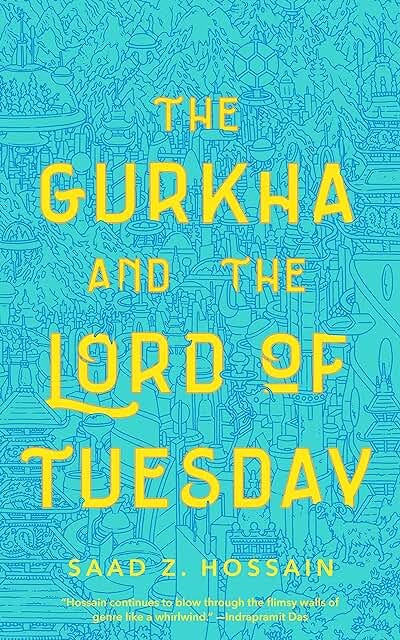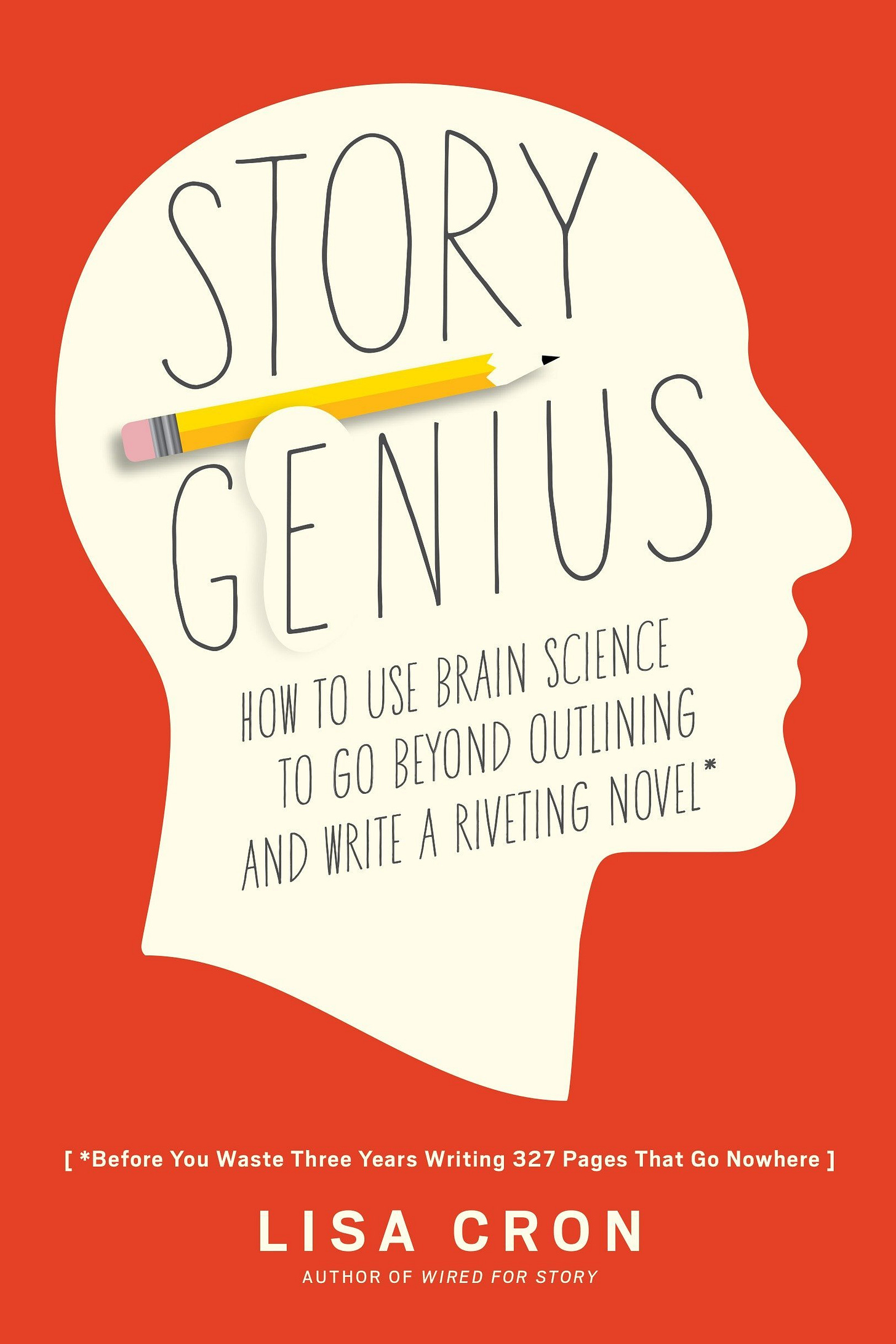A life in boxes: how setting up a new home is like writing a novel
Author Abroad E1:S9
Greetings from steamy Bangladesh! This is Author Abroad, a newsletter on reading, writing, and reflections from a life abroad. This month, I’ll be discussing why the second year of a posting abroad is better than the first, the similarities between setting up a new home and writing a novel, and some of the books I read last month.
Life Abroad
So I’m back in Dhaka but in a different apartment in another part of town. We no longer have the 180° panoramic views of the city we enjoyed in our last apartment, but our new neighborhood is quieter and more hospitable than the previous one, which was choked with traffic and constant honking. Even the call to prayer is more pleasant-sounding here. In our old neighborhood, we could hear several muezzins at once, often slightly out of sync and tune with each other. In our new neighborhood, we only hear one—a smooth, distinct melody that is much more pleasing on the ears. As an added bonus, there are two parks nearby where I can walk comfortably. One of them even has markers to let you know how many kilometers you’ve walked.😊
I find the second year in a new posting is almost always better than the first. Having lived through one change of calendar, I know what to expect the second time around. I’m familiar with the various seasons, holidays, and festivals in my host country and have a better sense of cultural norms. In Dhaka, for example, it took me months to figure out how to dress in a way that is respectful of the traditional dress code yet still feels like me. Now that I have the right clothes (think flowing and long-sleeved, not figure hugging in any way), I’m more comfortable to explore the city.
The second year is also a good time to take stock. Returning from summer in the US, I was happy to reunite with friends and colleagues in Dhaka, and energized to tackle those elements of my life that left me dissatisfied the previous year. For some expats, this might mean joining a gym or starting language lessons, resolving to try more local dishes or to attend more cultural events. For us, it translated into moving across town. The new neighborhood is just what I hoped for.
Writing
With the recent move, a good deal of my time has been consumed with unpacking an embarrassing number of boxes from our old apartment. As my husband and I sort through and arrange the contents of these boxes in our new place, I’m struck by how much setting up a new home reminds me of writing fiction. Like writing, moving house is an iterative process. It takes multiple passes and a good deal of trial and error before you get it right.
Walking through the empty rooms, we weigh our ideas against reality, the size and shape of the rooms against the way we imagine them in our minds. At first, the most we can hope for is to get the right items into the right rooms: bed in the bedroom, sofa in the living room, pots and pans in the kitchen. Easy, right? But what about our paintings and artwork, our rugs and the bookcase we had made in Maputo, the antique wooden church pew from Padua? Just as a blank page offers any number of ways to tell a story, the white walls and empty cupboards of our new apartment offer infinite possibilities.
The only way to start is to pick a box and dive in, empty the contents onto whatever shelf or drawer seems right at the time. It can take several “drafts” to get it right, in my experience. I might put our coffee cups in the little cupboard to the right of the stove one morning only to decide later that same day that really, plates would be better in that spot. The next day, I might change my mind again, deciding that no, that little cupboard next to the stove is best for herbs and spices.
In Bird by Bird, Anne Lamott’s seminal book on the craft of writing, she tells aspiring writers that the only way to start is to “plug your nose and jump in.” Write one word, then one paragraph, then one page, and so on. Later, you’ll go back to sharpen, revise, and expand. Little of that first draft will make it into the final manuscript, but every once in a while, a glimmer of what you’re trying to achieve will reveal itself. Like setting up a new home, writing takes patience and perseverance, a willingness to scrap what doesn’t work, each pass bringing you one step closer to implementing your vision. We managed to get our apartment set up in just under two weeks. Now, for that novel…
Reading
The Gurkha and the Lord of Tuesday by Saad Z Hossain (Tordotcom, 2019)
This month’s Dhaka Book Club pick is a fantasy novel called The Gurkha and the Lord of Tuesday by local Bangladeshi author, Saad Z Hossain. An ancient and very grumpy djinn awakens to a dystopian future where “Humes” communicate via nanotech, and society is governed by an algorithm called Karma. Seeking destruction and debauchery, the djinn sets out for the utopian city of Kathmandu with an aggrieved Gurkha he meets along the way. With their cynical and disparaging views on humankind, the cast of characters in this book had me chuckling throughout. The Gurkha and the Lord of Tuesday is a delightfully clever satire that explores the limitations of artificial intelligence, the dangers of authoritarianism in any form, and the depths the rich will sink to in order to retain power. I really enjoyed this.
Story Genius by Lisa Cron (Ten Speed Press, 2016)
This book on the craft of writing was recommended by a writer friend. Stories teach us how to get along in the world by allowing us to live and learn vicariously through characters, Cron argues. But story is bigger than plot, and too often, novelists focus excessively on plot to the detriment of story. “Story is about how the things that happen in the plot affect the protagonist, and how he or she changes internally as a result.” This growth of the main character from page one to the end is what readers care about, and hence what writers should focus on. With this in mind, Cron lays out a step-by-step process for fleshing out a story that includes extensive mining of the protagonist’s backstory combined with the use elaborate scene cards. This exact approach is not for me, but I do agree with a lot of what Cron says about story and character, and was interested in the way she dissects the process of telling a story, something I’ve only ever approached intuitively.
That’s it for this month. Drop me a line sometime. I’d love to hear from you!
💕Liz





